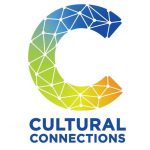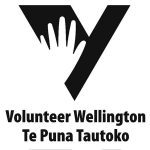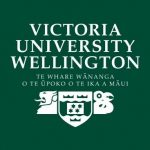 Volunteers and Sponsors: A Catalyst for Refugee Integration?
Volunteers and Sponsors: A Catalyst for Refugee Integration?
Migration Policy Institute, 2019.
The report offers a few ways in which policymakers can help fill gaps, including by creating policy frameworks that allow agencies to engage volunteers or sponsors where they would add the most value; and provide dedicated resources to establish and maintain effective community engagement.


 Cultural Connections – Migrants and Volunteering in New Zealand
Cultural Connections – Migrants and Volunteering in New Zealand MAVA Engaging Volunteers from Diverse and Immigrant Communities
MAVA Engaging Volunteers from Diverse and Immigrant Communities Source of growth in ethnic communities
Source of growth in ethnic communities A Common Purpose – Formal Volunteering and Cultural Diversity
A Common Purpose – Formal Volunteering and Cultural Diversity Targeted population sport engagement model – Harbour Sport
Targeted population sport engagement model – Harbour Sport Stories of engagement between mentors and Wellington’s refugee communities
Stories of engagement between mentors and Wellington’s refugee communities Enabling integration : building social capital through volunteering
Enabling integration : building social capital through volunteering Perceived benefits: views of volunteers in a joint health service/consumer hospital library, a genealogy library and a refugee and migrant centre, with a particular focus on non-English speaking background (NESB) volunteers
Perceived benefits: views of volunteers in a joint health service/consumer hospital library, a genealogy library and a refugee and migrant centre, with a particular focus on non-English speaking background (NESB) volunteers